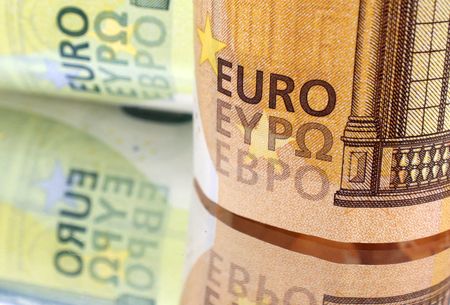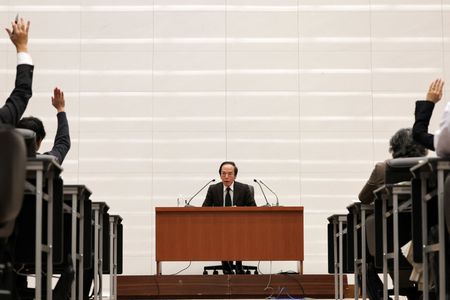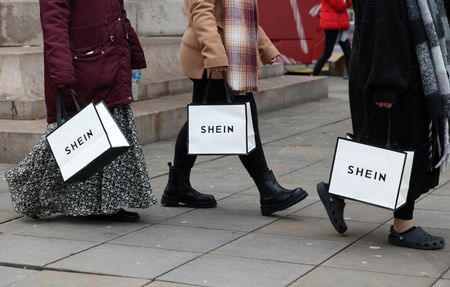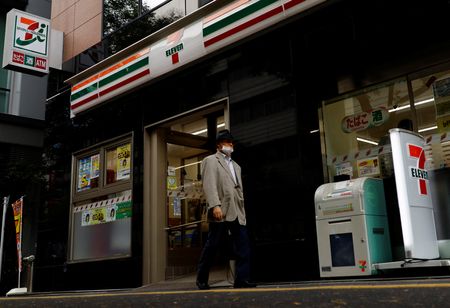By Yoruk Bahceli and Dhara Ranasinghe
LONDON (Reuters) – The euro opened higher in Asian trade on Monday as Germany’s conservatives won its election as expected, with investors awaiting further results to see whether much-needed fiscal reform was likely.
The conservative CDU/CSU bloc won 28.7% of the vote, followed by the far-right Alternative for Germany (AfD) with 19.8%, a projection published by ZDF public broadcaster showed.
The euro traded as high as $1.05 and was last trading 0.2% higher from late Friday levels at $1.0481.
Analysts said the focus now was on how quickly the conservative Christian Democrats could form a coalition government to bring about much-needed change to a frail economy.
“The most market-friendly coalitions are still possible in theory, including the Grand Coalition and the Kenya one with the conservative CDU, SPD (Social Democrats) and the Greens,” said Frederik Ducrozet, head of macroeconomic research at Pictet Wealth Management.
The AfD, which opposes fiscal reform, did not do better than expected, analysts said, supporting the outlook.
The big question for markets is whether Germany reforms its “debt brake” that limits its structural budget deficit to just 0.35% of output.
The once-powerhouse economy, Europe’s largest, contracted for a second straight year in 2024. Critics blame the debt brake for years of underinvestment.
Investors so far only see limited scope for reform, but expectations for increased spending have grown in recent days as raising defence expenditure gains urgency among European capitals.
The election outcome is also key to how markets assess how Europe will find potentially hundreds of billions of euros to ramp up its defences.
The additional yield Germany pays for longer-term debt relative to shorter is near its highest since 2022 earlier in February.
Debt brake reform would also support euro area stocks and the single currency, which dropped to around $1.01 earlier in February on U.S. tariffs risks, analysts say.
Europe’s benchmark STOXX 600 index has touched record highs in recent days yet trade at sharp discounts to their U.S. peers.
Positive sentiment could also prompt Germany’s domestically-focused midcap stock index to outperform the export-focused blue-chip DAX index that has remained insulated from domestic pressures, analysts say.
In addition to the far-right AfD, it remained unclear whether the neoliberal Free Democrats, also opposing debt brake reform, would gain enough seats, as exit polls put them around the 5% threshold to enter parliament.
“Whether the largest parties will have enough votes to alter the debt brake remains to be seen and is one of the interesting questions that we do not yet have definite answers to,” said Nordea chief market strategist Jan von Gerich.
The number of smaller parties that enter parliament will also determine whether a two-way coalition can be formed between the Conservatives and the Social Democrats, or whether a third party, the Greens or possibly the FDP, will be needed, which could protract coalition talks and raise uncertainty in markets.
(Editing by Deepa Babington)










